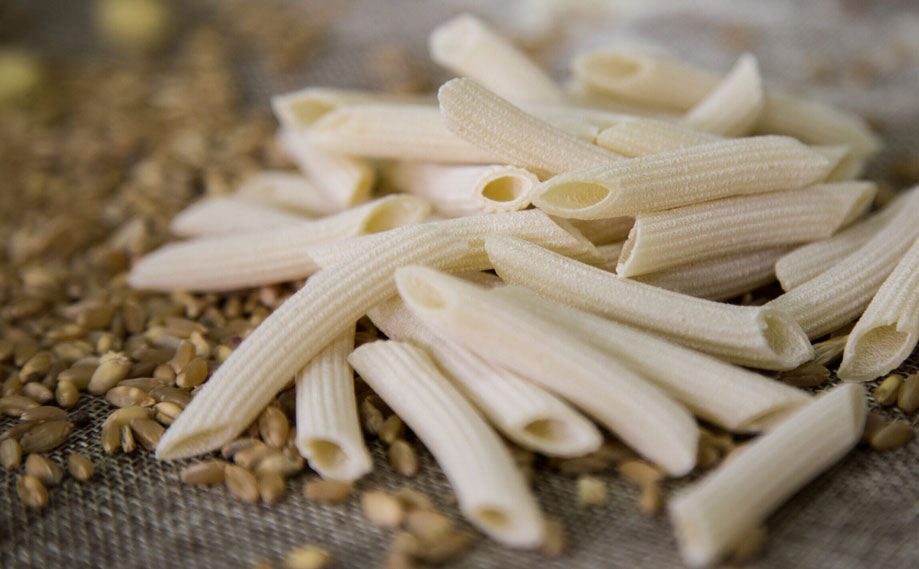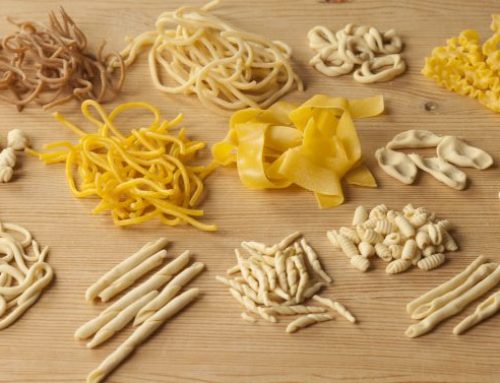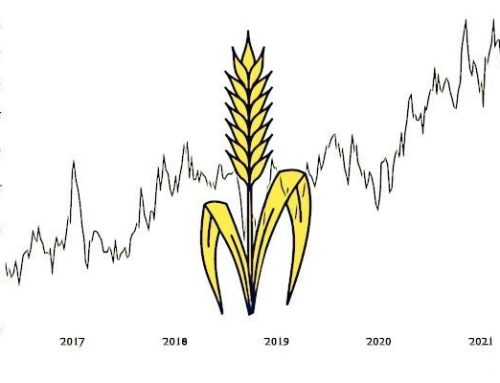
T
THE PROJECT WILL BE REALIZED BY THE PROBIO.SI COOPERATIVE OF PRODUCERS WITH THE SUPPORT OF THE GIAN PIETRO BALLATORE CONSORTIUM AND THE UNIVERSITY OF TUSCIA IN VITERBO
Castellana Sicula (Pa) – Funded by the LAG Madonie the CIRCE project on the ancient grains of the Madonie. A genetic characterization plan of ancient grains will be developed through innovation and research interventions in the cereal supply chain operating in the territory of the 21 Municipalities of the S.N.A.I. (National Strategy for Internal Areas) “Resilient Madonie: Laboratory of the future”.
The project will be carried out by the PROBIO.SI Organic Wheat Producers Cooperative with the lead company of Pietro Di Marco and other companies producing ancient grains. All with the technical and scientific support of the Research Consortium Gian Pietro Ballatore, an instrumental body that has been promoting research and development in the regional wheat supply chain for about 25 years, and the University of Tuscia of Viterbo which has the scientific know-how useful for the realization of the genetic characterization of local grains.
“Innovation and Cooperation” are the two key aspects of measure 16.1 of the RDP that the LAG ISC MADONIE has set as a goal in its call (€ 345,000.00), with reference to the local ancient wheat supply chain, despite the propensity to cooperate between businesses is certainly not a strength, but rather a criticality, for Sicilian agri-food. Despite this, PROBIO.SI took up the challenge and gave birth to the CIRCE project which aims to generate a genetic identity card of ancient Sicilian grains. All framed in the Local Action Plan of the Madonie LAGs and in an area with a high cereal vocation in which the cultivation of wheat is able to achieve excellent quality performance and to feed production chains with high commercial value. All this through processes that aim to “verticalize the supply chain” involving not only farmers but also processors and marketing operators.
“In this way – says Pietro Di Marco – the regional productions of ancient grains escape the logic of the global market of so-called commodities and manage to carve out market niches with high commercial value especially appreciated by consumers looking for identity, history and links with the territory. Being able to certify the high health quality (low risk of contamination by carcinogenic mycotoxins), the link with the territory, traceability, genetic and nutraceutical profile will be the characterizing element that will allow us to capitalize on the value preserved by our products. ››
The general idea of the CIRCE project starts from the possibility of demonstrating that it is possible to attribute a genetic identity card to each ancient grain that allows the finished products to be recognized even after processing, thus building a fraud-proof certification system.
Another innovative aspect of the project is to study the genetic expression of these grains from a health point of view and for some biological reactions (Amylase and trypsin inhibitors and Fructans) involved in irritable bowel syndrome of a non-celiac nature, caused by consumption of cereals.
The CIRCE project also addresses issues of interest to the international scientific community.
«From this point of view – says Giuseppe Russo – the team that will carry out the project is already thinking about the“ after ”. The University of Tuscia of Viterbo will fund a research doctorate that will extend beyond the duration of CIRCE; the lead partner PROBIO.SI, together with the Ballatore Research Consortium, have already defined how to capitalize on the results of the project with the construction of a chain of ancient Madonite grains that guarantees the identity and value of the productions in local and extra-regional markets. ” An idea, the latter, which has already attracted the attention of LegaCoop Sicilia and ofAccademia Siciliana della Pasta, which in effect become stakeholders of the project and will be involved in the dissemination processes.





